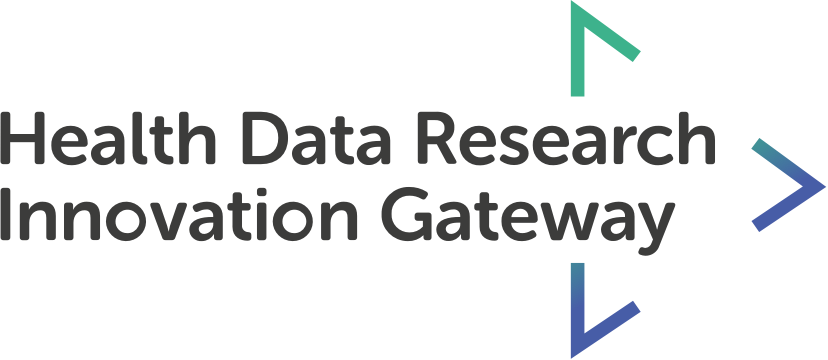Lay Summary
Background
In longitudinal health research, combining the richness of cohort data to the extensiveness of routine data opens up new possibilities, providing information not available from one data source alone. In this study, we set out to extend information from a longitudinal birth cohort study by linking to the cohort child's routine primary and secondary health care data. The resulting linked datasets will be used to examine health outcomes and patterns of health service utilisation for a set of common childhood health problems. We describe the experiences and challenges of acquiring and linking electronic health records for participants in a national longitudinal study, the UK Millennium Cohort Study (MCS).Method
Written parental consent to link routine health data to survey responses of the MCS cohort member, mother and her partner was obtained for 90.7% of respondents when interviews took place at age seven years in the MCS. Probabilistic and deterministic linkage was used to link MCS cohort members to multiple routinely-collected health data sources in Wales and Scotland.Results
Overall linkage rates for the consented population using country-specific health service data sources were 97.6% for Scotland and 99.9% for Wales. Linkage rates between different health data sources ranged from 65.3% to 99.6%. Issues relating to acquisition and linkage of data sources are discussed.Conclusions
Linking longitudinal cohort participants with routine data sources is becoming increasingly popular in population data research. Our results suggest that this is a valid method to enhance information held in both sources of data.Authors:
Tingay KS, Bandyopadhyay A, Griffiths L, Akbari A, Brophy S, Bedford H, Cortina-Borja M, Setakis E, Walton S, Fitzsimons E, Dezateux C, Lyons RA.
Original content: https://web.www.healthdatagateway.org/paper/34095526
